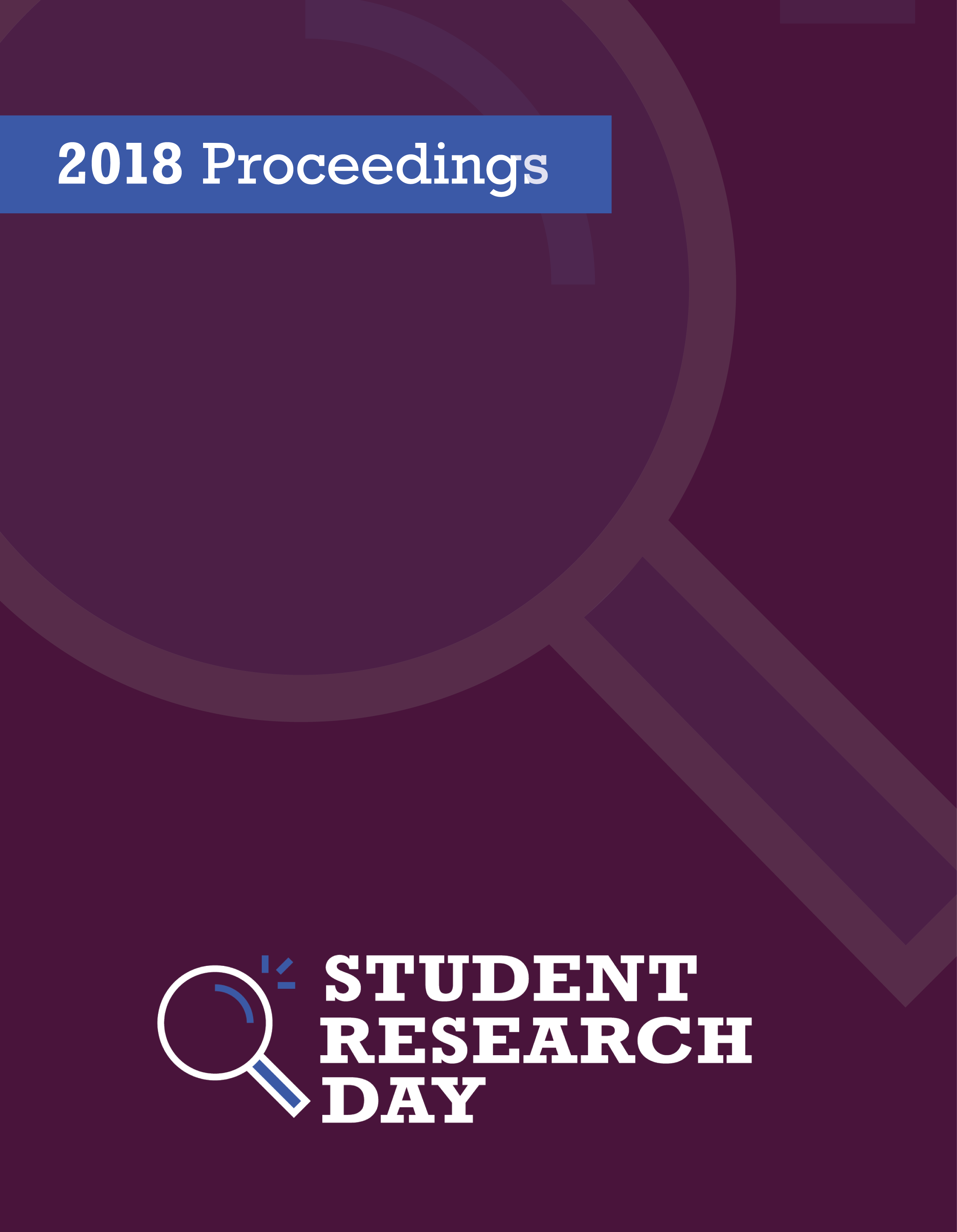Are Poor Readers Impaired at Music Processing?
Abstract
Music perception and reading rely on similar auditory processing skills such as the ability to detect small changes in speech sounds and music notes. Although there has been extensive research on the association between music and reading, there is less consistent research regarding children with poor reading skills. Dyslexia is a learning disorder where a child has difficulties with reading that is not due to poor learning environments or low intelligence. Interestingly, children with dyslexia have been found to have deficits in music perception tasks. However, there is conflicting research on whether music perception deficits in children with dyslexia are timing-specific or more general. The current study examined the relationship between music perception and reading in 6- to 10-year-old children. Poor readers were compared to age-matched, as well as reading-matched typically developing children. We expected the typically developing children to outperform the poor readers on all areas of the music perception tasks (e.g., melody, tuning, accent, speed). Additionally, we expected these associations would remain even after controlling for general cognitive ability, music training, and personality. In contradiction to our hypothesis, our results revealed that there were no significant differences between the 22 poor readers and their controls. A possible explanation for these results is that once possible confounds (e.g., general demographics) are controlled for, there may be no significant differences between poor readers and typically-developing children on music perception tasks.
Discipline: Psychology (Honours)
Faculty Mentor: Dr. Kathleen Corrigall
References
Published
Issue
Section
License
Authors retain any and all existing copyright to works contributed to these proceedings.



